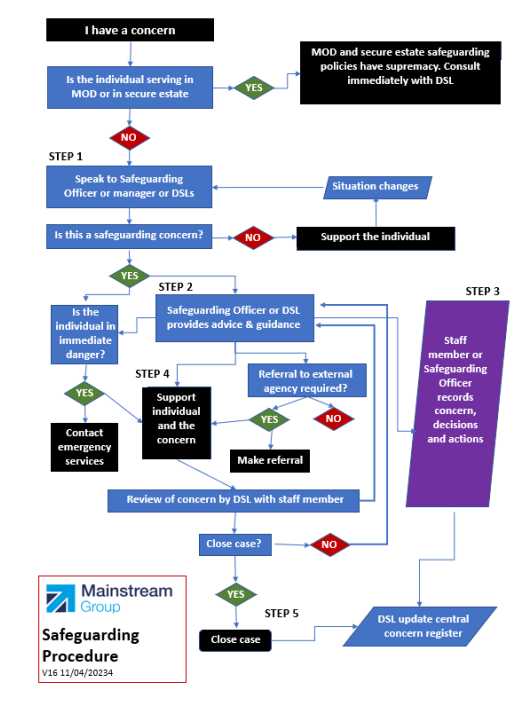Introduction
This Policy is in place for the Mainstream Group which includes Mainstream Training, Mainstream Skills, Mainstream Fleet Services and Mainstream Catering. For any policy to be effective it must be applied throughout Mainstream Group, these policies therefore apply to all employees regardless of position or seniority.
The purpose of this document is to ensure the organisation has a set of safeguarding policies designed to direct the behaviour of individuals in a manner that protects everyone’s right to live free from abuse.
The Directors, Department Heads and Designated Safeguarding Lead will monitor the effectiveness of the Policies, which may be changed from time to time to ensure it provides protection, guidance, legislative compliance, and promotes confidence, integrated working, and a caring, accessible, and safe environment.
This policy is our commitment to ensuring all learners, participants, customers and staff are protected from harm or abuse and that any experiencing difficulties will be provided with appropriate support. We believe all adults, young people and children have the right to equal protection from all types of harm or abuse and deserve the opportunity to:
• Gain the maximum benefit possible from good quality education and training
• Be in a safe environment and protected from harm
• Experience emotional well-being
• Be supported by a network of reliable professionals
• Be competent in looking after themselves and coping with everyday living
• Be physically and mentally healthy as possible
• Be protected from online abuse, grooming and radicalisation
Mainstream Group will ensure that all learners and participants on our programmes, and our staff, know how to protect themselves and develop resilience around the risks associated with physical, emotional, and sexual abuse and harassment, radicalisation, extremism, forms of abuse, grooming and bullying – including through the use of the internet. Mainstream will provide services to support learners and participants to feel safe in centres, online, at home and within society.
If you have any questions regarding this document and how it applies to you, including how to request access to your personal data please contact designated Director markgmsmith@recruitandtrain.com.
Policy Statement
Our safeguarding policy and procedures are based on five principles:
• It Is everyone’s right to live free from abuse.
• Priority is given to the prevention of abuse by raising awareness of safeguarding and by fostering a culture of vigilance around safeguarding issues.
• Identification of concern that anyone who is suspected of, or subjected to abuse, or mistreatment, will be addressed immediately.
• Safeguarding is a multi-agency responsibility, and we expect all partners to actively work together to provide safe places, people, and services.
• Mainstream Group will ensure that all suspicions, allegations, and incidents are taken seriously, responded to quickly and appropriately.
Mainstream Group offers a broad range of activities and programmes for learners. As well as responding to immediate concerns, we will ensure that appropriate measures and practices are in place to promote the welfare and safeguarding of learners. All learners and staff have the right to live and work in an environment that is safe and healthy.
Sexual harassment: Mainstream is committed to ensuring that incidents of sexual violence and sexual harassment of any kind are quickly identified and addressed. All staff must be vigilant to ensure peer on peer, and child-on-child abuse, incidents and risks, including sexism, misogyny, and misandry, are prevented and challenged, and a safe, healthy, inclusive environment in which to learn and work is maintained.
When providing a subcontracted service and our learners or service users are therefore also learners or service users of that organisation, safeguarding incidents will be shared with the prime contractor.
Policy Supremacy: Mainstream delivers some services on other agency sites; for example, Ministry of Defence and Ministry of Justice. Where safeguarding concerns arise in those settings, their policies and procedures will have supremacy over Mainstream, however we will continue to record concerns in our own systems.
Relevant Legislation and Guidance:
Our policy and procedures are rooted in the following:
• Working together to safeguard children 2018 (updated 2020)
• Keeping Children Safe in Education (KCSiE) 2022
• Children Act 1989
• Children Act 2004
• The Data Protection Act 2018
• GDPR 2018
• Freedom of Information Act 2000
• Protection of Children Act 1999
• Child Criminal Exploitation (CCE)
• Human Rights Act 1998
Education Act 2002
• United Nations Convention for the Right of the Child
• Children (Leaving Care) Act 2000
• Mental Capacity Act 2005 (MCA)
• No secrets 2000
• Care Act 2014
• Vulnerable Groups Act 2006
• Counter Terrorism and Security Act 2015
• Equality Act 2010
• Terrorism Act 2000, 2006, 2008
• Public Order Act 1986
• Protection from Harassment Act 1997
• Crime and Disorder Act 1998
• Racial and Religious Hatred Act 2006
• Consumer Rights Act 1998
Professional Boundaries
Staff at Mainstream Group will demonstrate appropriate professional boundaries when working with learners and dealing with safeguarding concerns. Where appropriate we will work with suitable professionals to support learners to access help. This can include local authority services where required. Formal external referrals are normally completed by the designated safeguarding lead or deputy.
All staff should remain professional at all times and remember they represent Mainstream Group as a compassionate and professional training provider – we are not social workers, counsellors or parents to our learners or service users; however, we are here to help, support and refer where necessary.
Staff should never contact learners or service users on social media, except where LinkedIn is appropriate in a professional capacity. Staff should never provide any personal details to learners or service users, home address, personal emails, own phone numbers. All correspondence should be professional and go through professional channels only.
Staff should never meet learners or service users outside of Mainstream premises, unless explicitly directed to do so by their line manager. In these circumstances there must be a reasonable justification to do so and will need to be an identified public safe space.
Recognising types of abuse and its context
Abuse may be:
• Physical – The abused may have obvious signs such as bruising, bite marks or burns. Other signs to look for are the abused becoming withdrawn, anxious, depressed, and clingy. There will often be a change in their behaviour, and they may start missing learning, appointments, or work.
• Sexual – The abused may start to avoid certain people or situations. They may become withdrawn and depressed, or in some cases will become sexually active at a young age, promiscuous or use sexual language that is not age appropriate. LGBTQ+ children, young people and adults are often targeted with sexual abuse; sexuality is not a sign of abuse but rather a characteristic to be protected from abuse
• Sexual violence and sexual harassment – any form of unwanted verbal, physical, cyber attention that results in a person feeling humiliated, undermined, or embarrassed due to unwarranted sexual comments and actions. This includes touching, remarks, jokes, pictures, staring or any other actions from any other person, including other learners, service users, staff, visitors, contractors, employers, and partners. Abusees may become withdrawn or aggressive, may change their dress (for example with clothes that cover up excessively) and this form of abuse can be prevalent through peer-on-peer abuse.
• Psychological – The abused may report that they are being yelled at, mocked, insulted, threatened, ignored and in some cases feeling increasingly isolated. The abused will often have a strong feeling of worthlessness and become self- conscious, withdrawn, and depressed.
• Neglect or act of omission – The abused will often show signs such as malnutrition, begging, stealing or hoarding food. They may have poor hygiene, matted hair, dirty skin, or body odour. There may be unattended physical or medical problems. They may appear constantly tired, have frequent lateness or absence from learning or work. In some adults, neglect can be self-inflicted, such as self- harm, substance misuse, excessive exercise, eating disorders or hoarding.
• Domestic – The abused may have obvious signs such as regular bruising, scratches, bite marks or fractures. They may report that their partner will not let them see family or friends, that they feel controlled, are being told how they can or cannot dress. The abused will also frequently report that their partner belittles or humiliates them, is keeping them short of money or is using the children within the relationship in a threatening or controlling way. The abuse may be a single incident or a pattern of incidents which can be comprised of other forms of abuse such as psychological, physical, sexual, financial, or emotional. There is a high potential for short-term and long-term impact on the health of children who witness and/or experience domestic abuse at home or within their own intimate relationships, such as teenage relationship abuse; Domestic Abuse can occur in any intimate relationship.
• Gaslighting – Is when any person makes another person question themselves to the extent that they lose self-confidence, self-esteem, and struggle to maintain a sense of identity and reality. This is frequently linked to domestic abuse and within family relationships.
• Financial – the abused will often complain of having no money and will regularly look to borrow money. It may become obvious that they are missing personal possessions and it may appear that they are not living in conditions that reflect their financial resources. Other signs to look for would be the abusee’s personal hygiene, weight loss, becoming suspicious of people’s motives, withdrawn, anxious or depressed.
• Institutional – Institutional abuse is where an organisation’s entire culture undermines individual liberty and personal value that results in the systematic abuse and wrong-doing of others.
• Self-harm – Self-harm is an act carried out by an individual to themselves. This may be evident in a wide range of ways for example cutting, burning, scratching, substance misuse, lack of personal hygiene, poor health, poor diet and sleep and poor lifestyle choices. Identifying self-harm can be extremely difficult as often there isn’t obvious signs and scars. Cues and clues can include changes in behaviour, becoming withdrawn and rapid weight loss or gain, inappropriate clothing (For example long sleeves on a very hot day).
• Modern Slavery – Abusees of modern slavery may show signs of anxiety around time and location as if lacking freedom of movement, act as if instructed by someone else, allow others to speak for them, someone else controls their money, give the impression they have a debt, limited social interactions outside of their immediate environment, not being in possession of their own travel or identify documents. They may also present as dishevelled, tired and undernourished, which may result in poor attendance and timekeeping.
• Cuckooing – This is when gangs take over a vulnerable person’s home to create a base from which to practice criminal activity. This can include dealing drugs, coordinating gang activity, selling weapons, moving/storing stolen goods, modern slavery and prostitution. Those being abused may become secretive and anxious around where they live and sharing personal information.
• Radicalisation – Abusees may show signs of being more intolerant of moderate views, increasingly extreme regarding another section of society or government policy, may express a desire or intent to take part in extremist activity, may be observed downloading viewing or sharing extremist propaganda, become withdrawn and focused on one ideology, their appearance may change (eg clothes, tattoos and emblems), may become secretive and may become isolated from friends and family.
Concerns that an individual may be vulnerable to radicalisation does not mean that you think the person is a terrorist; it means that you are concerned that they are prone to being exploited by others. The Prevent referral programme ‘CHANNEL’ has been set up by the Government and incorporates a multi-agency approach to support individuals at risk of radicalisation, namely pre-criminal activity, by:
• Identifying individuals at risk
• Assessing the nature and extent of that risk
• Developing the most appropriate support plan for the individual(s) concerned.
Mainstream staff have an obligation to refer to the DSL if they identify an individual that they believe may be vulnerable to being drawn into terrorism. Or if they believe they may be accessing extremist content, displaying changes in behaviour, or be suspected of being groomed or radicalised in centre, online or at home.
Child Sexual Exploitation (CSE) – All staff are expected to understand how some young people and children can be groomed, coerced, and exploited by adults and other young people and some adults may be troubled by historic CSE. Staff report any concerns through the safeguarding reporting system.
• Missing Persons – This can be an indicator of abuse or radicalisation. All non- attendance must be followed up. If there remains a concern for a person through absence and non-contact based on known vulnerabilities, this should be recorded as a safeguarding concern to escalate the situation.
• Care leavers may need additional support to achieve and may be more vulnerable to some forms of abuse, therefore staff must be vigilant to ensure care leavers are protected against abuse. Staff suspecting any concerns or identifying changes in behaviour should immediately report to the safeguarding team.
• Ex-offenders and learners in/from secure estate may be viewed as easy targets for abuse or criminal activity. Staff need to monitor learner awareness of how to stay safe and report concerns. Individual risk assessment is undertaken for those declaring unspent convictions and risk assessments are recorded on our safeguarding register of concerns. At no point will we knowingly put learners or staff at risk of harm and all learners can expect to be adequately protected from abuse.
• Female Genital Mutilation (FGM) – FGM is illegal in the UK and is reportable regardless of where a concern may have taken place. It constitutes a form of child abuse and violence against children and young women that has severe short-term and long-term physical and psychological consequences. Signs and symptoms include extended family holidays where a British National is being taken abroad for this procedure, often accompanied by great excitement, like a coming of age.If staff have reason to believe a person may be at risk of FGM they have a legal responsibility to report this as a safeguarding concern so the DSL can liaise with Police and/or social services.
• Trafficking and Modern Slavery is a crime and violation of fundamental human rights. It takes various forms, all of which have in common the deprivation of a person’s liberty by another to exploit them for personal or commercial gain. Entire families can be trafficked and can often appear to be living normal lives. The National Crime Agency sets out the full National Referral Mechanism (NRM) for identifying, protecting and supporting victims of human trafficking. Mainstream is fully committed to preventing slavery and human trafficking and to ensuring transparency in our own business and approach with our supply chains, consistent with our disclosure obligations under the Modern Slavery Act 2015. We all have a responsibly to be alert to the risks, however small, in our business and in the wider supply chain. We identify and assess potential risk areas when considering taking on new suppliers and regularly review our existing supply chains. We:
• Understand all potential modern slavery risks related to business and to ensure steps are maintained to prevent slavery and human trafficking
• Ensure our supply chains and suppliers adhere to our values
Establish and build relationships with all our suppliers upon mutually beneficial factors, with close and personal links and contact with the owners or directors, typically reflecting the fact that we partner with small and medium sized operations.
• Pre-qualify any new contractors or suppliers through due diligence, relating to company performance, HS&E compliance, and references from other customers to establish that they are suitable.
• All staff are made aware via induction and regular updates of safeguarding training issues related to trafficking and modern slavery. If staff members believe that anyone is at risk of trafficking, they have a legal responsibility to report this to the police or to social services. Any concerns also need to be reported to the safeguarding team.
• Gangs and County Lines (Criminal Exploitation) – Adults, young people, and children becoming involved in gangs are vulnerable to a range of risk taking, grooming and illegal activities including involvement in drug dealing, organised/gang crime, substance misuse, Child Sexual Exploitation, extremist activity and other forms of abuse and criminal activity. Concerns about organised gangs and criminal exploitation should be reported through safeguarding procedures.
• Online safety reflects a wide range of issues associated with technology and user access to content, contact with others and behavioural issues. Indicators of possible abuse may be an individual becoming withdrawn, changes in behaviour, being secretive and non-attendance, sudden concerns about debt and other symptoms identified in radicalisation (above). Everyone at mainstream has a responsibility to support learners to be aware of how to keep themselves safe online. Mainstream’s monitoring and filtering systems ensure risk is kept to a minimum whilst on site but it is important learners can keep themselves safe away from Mainstream.
• Cyber-bullying/online – Abusees of cyber-bullying may show signs such as becoming withdrawn or shy, or signs of depression. They may become secretive, extremely moody or agitated, anxious or very stressed, or potentially demonstrating aggressive behaviour. They may suddenly stop using their computer or stop wanting to take part in social activities.
• Private Fostering is when a child under the age of 16 (or 18 plus with a disability) lives with someone, who is not considered a close relative of the person, for 28 days or more in a year. Examples of this include living with a grandparent, aunt/uncle, sibling or stepparent. It is the law that any Local Authority is made aware of all the children who are being privately fostered as the local authority has a duty to ensure that the child is safe and that the private foster carer has adequate support. If a member of staff is concerned or unsure about private fostering, they must consult with the safeguarding officer.
Professional Curiosity
Be aware: Concern might arise because:
• You may see or hear something
• You may notice injuries that make you feel worried
• You may notice a change in behaviour
• The person may tell you
Always remember that abuse can and does happen:
• By adults to children and young people
• Amongst adults
• Peer to peer by children and young people
• By young people to adults
• To people with learning difficulties or disabilities
• To people who are disenchanted
Safeguarding Procedures
Responding to a Concern
If a learner, colleague or member of the public discloses concern about abuse or if you have a concern or suspicion then:
DO:
• Listen very carefully to what you are told
• Take what is said seriously and accept what you are told
• Stay calm and reassure the person has done the right thing in talking to you
• Write down as soon as you can, exactly what you have been told
• Tell the person you must pass on the information but that only those that need to know will be told. Tell the person to whom you will report the matter.
• Remember your professional boundaries.
DO NOT:
• Panic.
• Promise to keep things secret. You have a duty to report and refer.
• Say that everything will be fine now that they have told you.
• Criticise the abuser.
• Ask lots of detailed or leading questions such as: ‘What did he do next?’ Instead, ask open questions such as: ‘Anything else to tell me?’, ‘Yes’, or ‘And…?’. Do not press for answers the person is unwilling to give, those suffering abuse are not always ready or able to talk about their experiences of abuse and/or may not always recognise that they are being abused.
• Offer to resolve any issues yourself, but report, seek advice and refer to appropriate professionals.
• Visit learner or service user accommodation, befriend them on social media or meet them anywhere outside of Mainstream premises unless explicitly instructed to do so by your manager or DSL.
Reporting a Concern
All staff have a duty to report any actual or suspected safeguarding concerns and to follow the procedure. Some service contracts may have specific additional reporting requirements regarding safeguarding or incidents to the prime funder. All staff should be made aware of these processes where additional to the Mainstream procedure.
• Step 1. If a staff member has a concern, they must speak to one of the Safeguarding Officers or line manager. If neither is available, they should report to DSL or Deputy DSL. If the individual involved is in immediate danger, then the member of staff should contact the Emergency Services immediately
• Step 2. Either the staff member holding the concern or the Safeguarding Officer should discuss the matter with the DSL (or Deputy DSL) who will provide advice and guidance and agree a course of action.
• Step 3. The staff member or Safeguarding Officer must record the concern, the advice given and the action taken using the Safeguarding Reporting Form (MF296). The Deputy DSL will record the concern in the safeguarding concern log.
It is very important to record, as accurately as possible, what was said to you when you received the disclosure of abuse. All written records should be handled confidentially and only shared on a need-to-know basis. Records should include name, time, place, any witnesses, and state the facts, avoiding assumption and opinion.
• Step 4. The Safeguarding Officer (or the DSL or Deputy DSL) will support the staff member to carry out the agreed actions. If more concerns arise, Steps 2 and 3 shall be repeated.
• Step 5. Once there is no further action to be taken by Mainstream staff, at the judgement of the DSL, the concern will be closed and the log will be updated to reflect this.
Obtaining Consent
Where possible it is important to try to obtain consent, but in some cases this may not be possible. Mainstream’s policy ensures that information sharing should be necessary, proportionate, relevant, adequate, accurate, timely and secure. Confidentiality can never be promised.
• Confidential information is sensitive, not already in public domain and shared in confidence. Confidential information must be shared when required, strictly on a need-to-know basis, for safeguarding concerns.
• Confidential information can be shared – even if it has not been authorised by the person, where there is a risk of abuse, radicalisation, or significant harm.
• All staff must make sure any person accessing Mainstream services is aware of the need to share confidential information where necessary and appropriate. This information should be made available at the first interaction with Mainstream staff. Information on sharing information is also available on the website through this policy.
• If appropriate, and with consent for over 18s, safeguarding officers may talk to parents or other family members when required.
• If you are unsure whether consent to share is needed, you must seek advice from the designated safeguarding officer.
Consent and Mental Capacity
All adults have the right to determine what happens to their own bodies and (if they are able to give it) valid consent must be obtained from them as outlined in the Mental Capacity Act 2005. The Mental Capacity Act is underpinned by the following principles:
• A presumption of capacity – every adult has the right to make his or her own decisions and must be assumed to have capacity unless it is proved otherwise
• Individuals have the right to make their own decisions – adults must be given all appropriate help before anyone can conclude that they cannot make their own decisions
• Individuals have the right to make eccentric or unwise decisions – this does not mean they lack capacity
• Best interests – anything done for or on behalf of people lacking capacity must be done in their best interest
The mental capacity act refers to the capacity to understand and retain information in relation to a specific act, decision, or transaction, to weigh up their consequences and to communicate the decision, at the time the decision needs to be made.
If Mainstream has a safeguarding concern with an adult, it is important we respect the right of the adult to make decisions with regard to their own safety. They should therefore be encouraged to make decisions that they are able to make. Difficulties may arise when it is not clear whether a vulnerable adult is capable of making a decision or whether the decision is being made under duress. In law, an adult has the right to make their own decisions and it is to be assumed that they have the capacity to do so, unless it is proved that they do not.
To help determine if a person lacks capacity to make particular decisions, the Mental Capacity Act 2005 sets out two-stage test of capacity. Staff are required to be guided by the stage test to determine capacity.
• Stage 1 – Does the person have an impairment of, or a disturbance in the functioning of their mind? Examples of impairment are:
▪ Conditions associated with some forms of mental illness
▪ Significant learning disabilities
▪ The long-term effects of brain damage
▪ Physical or medical conditions that cause confusion
▪ Symptoms of alcohol or drug abuse
▪ Dementia
• Stage 2 – For a person to lack capacity to make a decision, the Mental Capacity Act 2005 says their impairment or disturbance must affect ability to make specific decisions when they need to. A key principle is that people must first be given all practical and appropriate support to help them make the decision for themselves. Stage 2 can only apply if all practical and appropriate support to help the person make the decision has failed. A person is only deemed unable to make a decision if they cannot:
▪ Understand information about the decision to be made
▪ Retain the information
▪ Use the information as part of a decision-making process
▪ To communicate this decision, whether by talking, using sign language or any other means
If a staff member/volunteer is unsure whether the vulnerable person has capacity to make a decision, you will need to contact the DSL.







